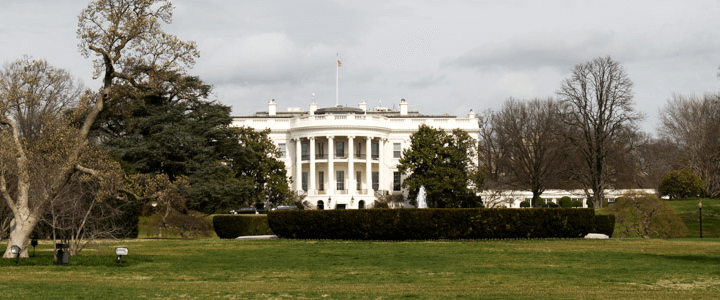President Trump’s mood was undoubtedly lightened on Monday after the Supreme Court agreed to hear his appeal of lower court rulings regarding his 90-day ban on travel to the U.S. from six countries. The unanimous decision also granted a partial stay of the injunctions that prohibited him from implementing it.
The decision clears the way for the administration to begin blocking the entry of most people from what amount to either failed states, major state sponsors of terrorism, or in the case of Syria, both. It also allows the president to curtail the number of refugees the U.S. will accept this year. The administration must allow people “who have a credible claim of a bona fide relationship with a person or entity in the United States” to enter the country.
THE TWO LEGAL CHALLENGES TO TRUMP’S ORDER
At the heart of the case is the question of whether the president enjoys wide discretion in how he implements immigration and national security policy, or if the “travel ban” violates the Constitution’s Establishment Clause.
In Maryland, the non-profit International Refugee Assistance Project sued in U.S. District Court on behalf of a permanent U.S. resident who claimed the policy would prevent his Iranian wife from joining him. The district court ruled in IRAP’s favor, imposing a nationwide ban on enforcement of section 2(c) of the order. The Fourth Circuit Curt of Appeals in Virginia upheld that ruling in May.
The State of Hawaii also sued in U.S. District Court, arguing that the president’s order harmed its employees and Dr. Ismail Elshikh. Dr. Elshikh is an imam whose Syrian mother-in-law wants to come to the U.S. The court prohibited enforcement of all of section 2 and all of section 6, which dealt with the refugee issue. The Ninth Circuit Court of Appeals in California upheld that decision earlier this month.
Using Trump’s campaign statements, the plaintiffs accuse the president of using the ban as a backdoor route to implementing a “Muslim ban.” The administration argues that the countries on the list are hotbeds of terrorism whose governments cannot or will not adequately screen those seeking to come to America. The move, they say, is simply in the best interest of national security.
The government appealed to the Supreme Court, requesting a stay of the lower court injunctions. Yesterday, on its last day of its current session, the justices agreed to hear the case when the court reconvenes in October, and to allow Trump’s order, with certain restrictions, to resume in the interim.
A MATTER OF NATIONAL SECURITY?
The president’s defense rests on the language in Section (f) of 8 U.S.C. 1182, which gives him the blanket authority to suspend the entry of “any class of aliens…for such period as he shall deem necessary…” His opponents, including former Deputy Attorney General Sally Yates, argue that 8 U.S.C. 1152 prohibits such discrimination. (“…no person shall receive any preference or priority or be discriminated against in the issuance of an immigrant visa because of the person’s race, sex, nationality, place of birth, or place of residence.”)
The difference, of course, is that discriminating against someone in the issuance of an immigrant visa, and temporarily halting the entry of any class of alien, for any reason, are two separate issues. It’s unclear if the Department of Justice is making this argument effectively, though.
Opponents also argue that, since no one from any of the six countries has yet attempted a terrorist attack in the U.S., the ban has been proven unnecessary. The fallacy is that we to would need to believe that someone from one of the affected countries would be planing to execute an attack immediately upon arrival.
The fact that the court unanimously upheld portions of the order, and the three most conservative justices would have allowed even more latitude, is a promising sign for the president when the court takes up the case in October. Until then, residents of the six countries who do not have a family, business, or academic connection to the United States will be barred from entering the country.




